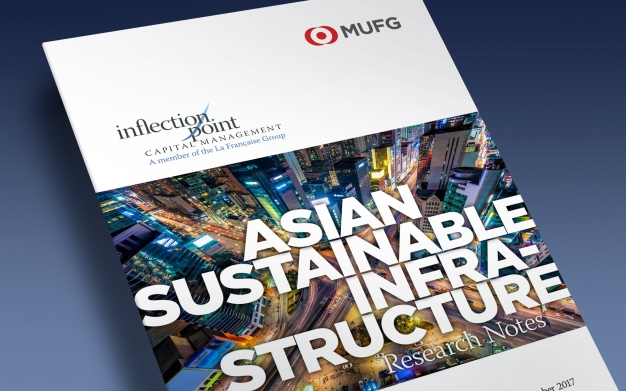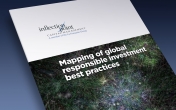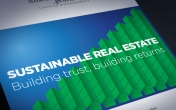Asian Sustainable Infrastructure
Today IPCM, working with Japan's MUFG, launches a Research Note focused on Asian Sustainable Infrastructure. The report was introduced at the 2017 Annual General Meeting of the International Forum of Sovereign Wealth Funds in Astana, Khazakstan. IPCM Partner Paul Clements-Hunt, joined by MUFG executives from Tokyo and London, co-hosted a breakfast with IFSWF Chair Adrian Orr, to introduce the 54 page document.
Download a PDF copy of the document
From the Executive Summary: Asian corporations positioning to serve the region’s burgeoning infrastructure markets are building clean, green, low carbon credentials across seven key sectors that will deliver the products, systems and services to create smart sustainable infrastructure.
Increasingly, sustainability is seen as a key market differentiator for those corporations that understand the changes in the political economy of infrastructure delivery as the region tackles intensifying pollution problems, prepares for the energy transition associated with a low-carbon future, and also faces complex demographic challenges.
As the region’s major powers accelerate the politics, policies and priorities to tackle a looming infrastructure gap, with serious social, economic and environmental implications if the gap is not bridged, new financial institutions and mechanisms are being created to mobilize the estimated $1.7 trillion required annually to re-tool Asia’s cities and supporting infrastructure.
A convergence between intergovernmental policy priorities around sustainability with regional and national priorities for smart infrastructure are creating a new market around the concept of sustainable infrastructure.
The January 2016-launched United Nations Sustainable Development Goals, as well as the Environmental Social and Governance (ESG) framework now favoured by investors worldwide when assessing corporate behaviour, are also creating a new dynamic in capital markets that forward-looking companies cannot ignore. More than 1700 institutional investors globally, controlling assets in excess of $63 trillion, are supporting a decade old, UN-backed initiative that is based on responsible, ESG aligned investment policy and decision-making.
From a universe of 62 companies with infrastructure related business and/or exposure to infrastructure issues, nine listed Asian companies active in Engineering & Construction, Finance, Industrials, Materials, Technology, Transportation, and Utilities & Energy are profiled. Both the fundamentals and ESG performance of the nine companies have been analysed.
From the corporate analysis, it’s clear that a group of ambitious, well-managed Asian companies are positioning themselves to be sustainability leaders in a region where infrastructure delivery for coming decades is critical if positive economic momentum is to be maintained.
Latest news
-
5 April 2018
-
6 February 2018
-
23 June 2017
-
18 May 2017





